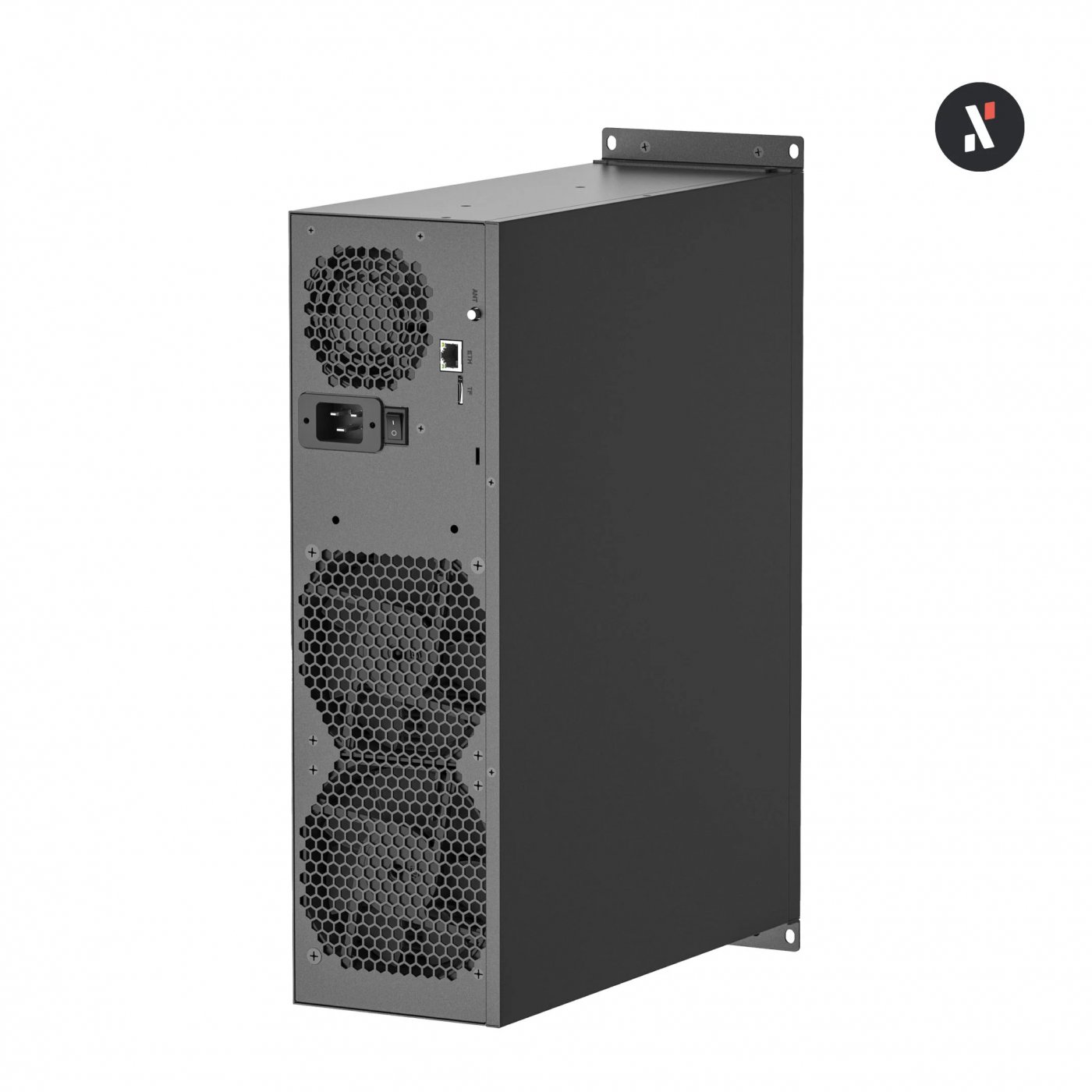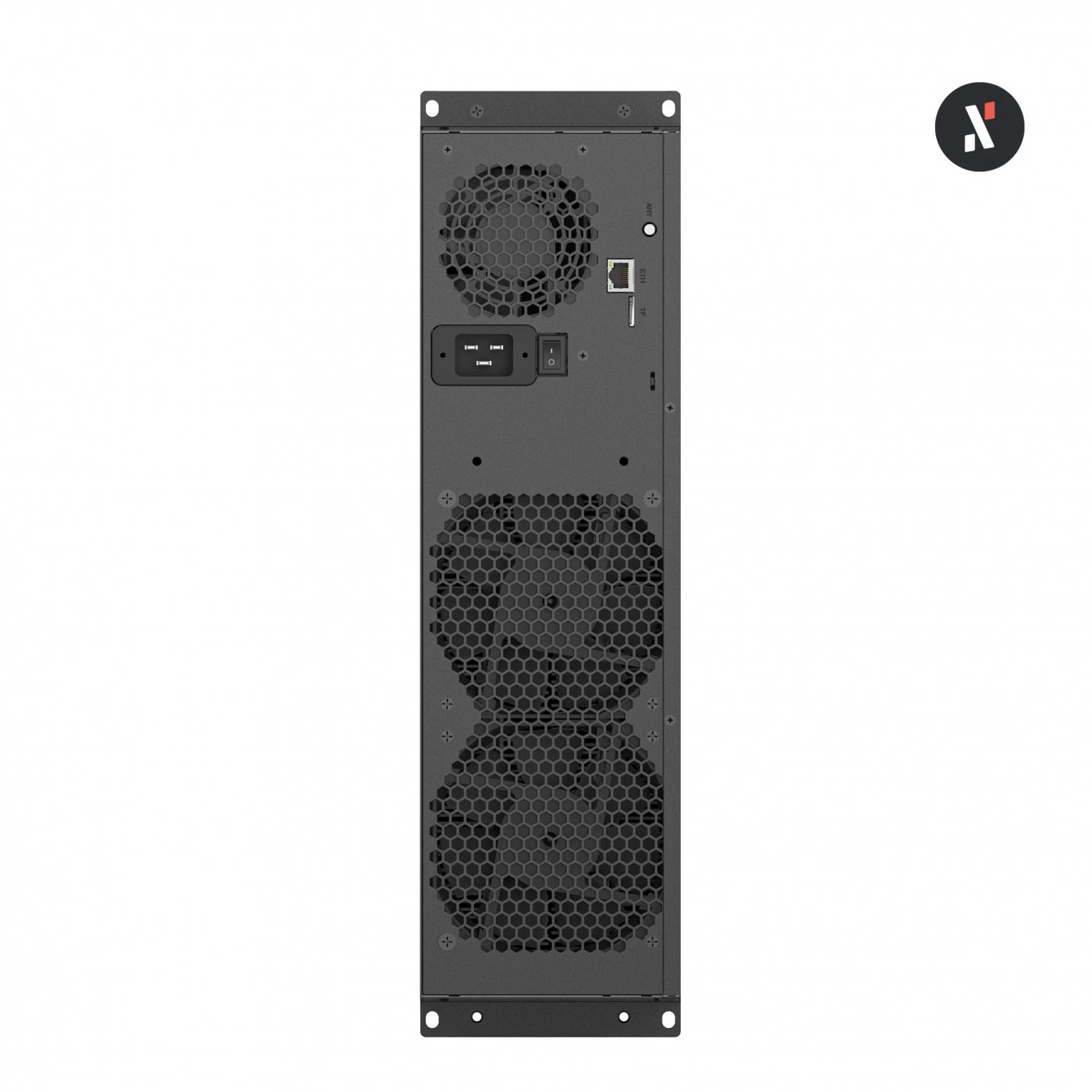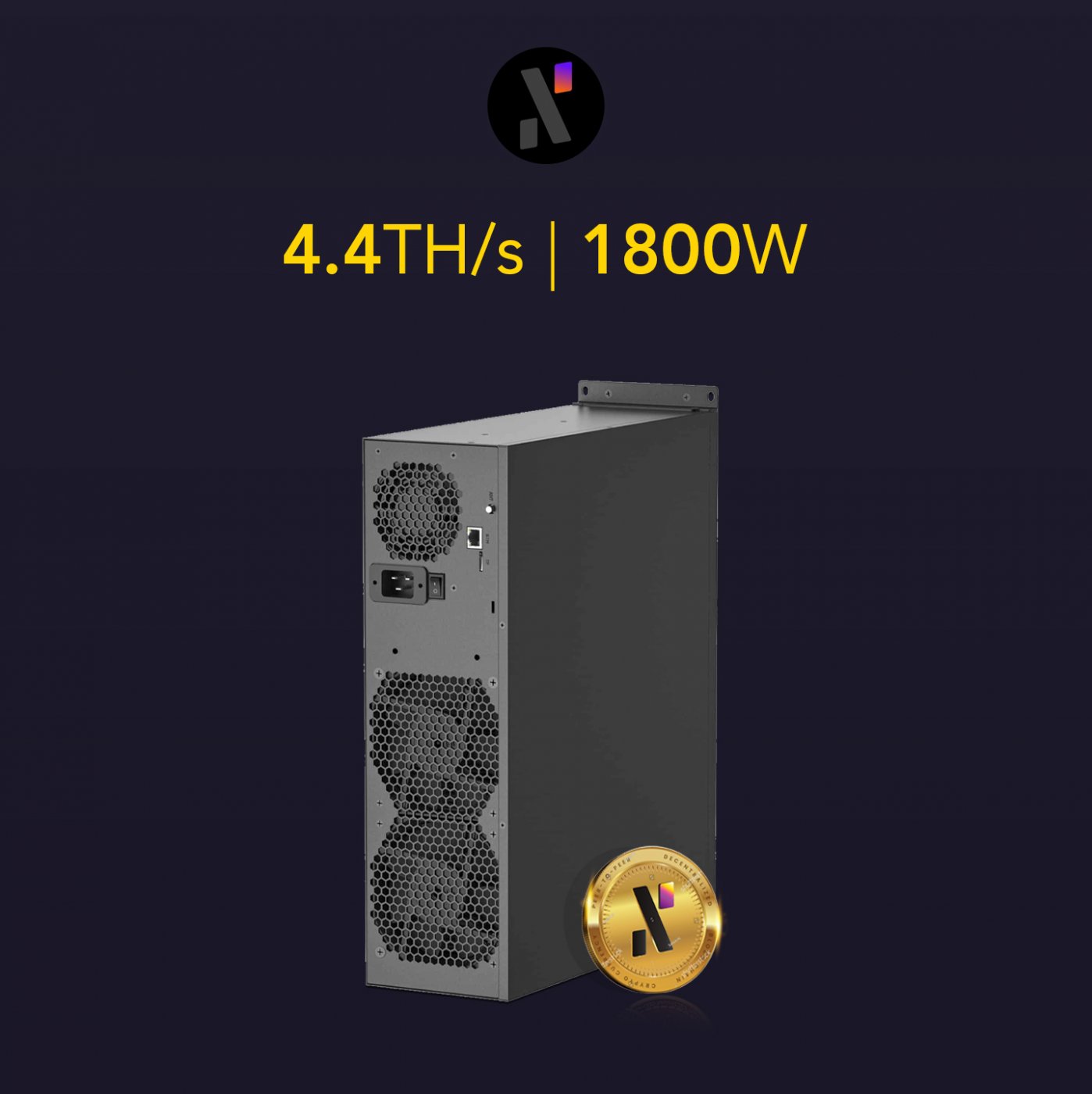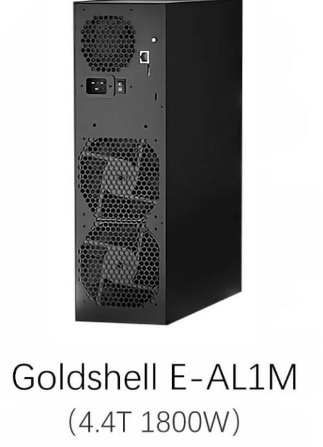What is the power efficiency of Goldshell E-AL1M compared to other miners?
Power Efficiency Showdown: How Goldshell E-AL1M Stacks Up Against Competing Miners
Introduction: The Efficiency Imperative in Cryptocurrency Mining
In today’s competitive cryptocurrency mining landscape, power efficiency isn’t just a technical specification—it’s the determining factor between profitability and operational losses. The Goldshell E-AL1M enters this critical conversation as a specialized ALPH mining solution that challenges conventional efficiency benchmarks.
This professional-grade miner implements the Blake3 algorithm with precision engineering that delivers remarkable performance-per-watt ratios. But how does its 409J/GH efficiency rating truly compare when placed alongside other miners in its class? More importantly, what does this efficiency translate to in real-world mining operations?
We’ll analyze the E-AL1M’s power architecture, thermal management, and operational modes against comparable mining hardware, demonstrating why efficiency metrics matter more than raw hashrate in sustainable mining operations.
Decoding the Efficiency Metrics: J/GH as the New Standard
Before comparing miners, we must understand how to measure efficiency properly. The joules per gigahash (J/GH) metric has emerged as the industry standard because it accounts for both:

- Computational output (hashrate measured in GH/s)
- Energy input (power consumption measured in joules)
The Goldshell E-AL1M operates at 409J/GH in standard mode—meaning it consumes 409 joules of energy to perform one billion hash computations. In its optimized low-power mode, this improves dramatically to 367J/GH.
To appreciate these numbers, let’s examine them against three categories of competitors:
1. Direct ALPH Mining Competitors
Few miners specialize in Blake3 algorithm coins like ALPH. The closest competitor, the iBeLink BM-K1, claims 500J/GH efficiency—making the E-AL1M approximately 18% more efficient in standard mode and 26% more in low-power mode.
This efficiency gap translates to substantial savings:
- Daily savings: ~$1.20 per day at $0.10/kWh electricity rates
- Annual savings: ~$438 per unit
2. Multi-Algorithm Miners
Some miners like the Bitmain Antminer L7 (950J/GH for Scrypt) or Goldshell’s own LT6 (576J/GH) can mine multiple algorithms but sacrifice specialization efficiency. The E-AL1M’s focused design gives it a 10-30% efficiency advantage over these versatile machines when mining ALPH.

3. General-Purpose GPU Rigs
A typical 6-GPU mining rig (RTX 3080) achieves about 800-1000J/GH when configured for similar algorithms. The E-AL1M outperforms these by 2-3x in efficiency while requiring less maintenance and configuration.

Architectural Advantages Driving E-AL1M’s Efficiency
Three engineering breakthroughs explain why the E-AL1M achieves superior efficiency:
1. Integrated Power Delivery System
Unlike miners requiring external PSUs (which lose 5-8% efficiency in power conversion), the E-AL1M’s built-in power architecture:
- Eliminates conversion losses
- Automatically adjusts for 110V-240V input
- Maintains 94%+ power supply efficiency
2. Dynamic Dual-Mode Operation
The miner’s intelligent operation modes allow real-time efficiency optimization:
| Mode | Hashrate | Power Draw | Efficiency | Best Use Case | |—————–|———-|————|————|—————| | Standard | 4.4TH/s | 1800W | 409J/GH | High ALPH price periods | | Low-Power | 3.6TH/s | 1320W | 367J/GH | Electricity cost spikes |
This flexibility lets operators instantly adapt to market changes—a feature absent in most single-mode competitors.
3. Precision Thermal Control
Heat equals wasted energy. The E-AL1M’s advanced cooling system:
- Maintains chips at optimal 60-70°C operating temps
- Uses variable-speed fans (adjusting from 2000-3600 RPM)
- Achieves 45dB noise levels (quieter than many air-cooled rigs)
Compared to competitors that throttle performance when overheating, the E-AL1M sustains peak efficiency longer.
Real-World Efficiency Impact: A 6-Month Operational Scenario
Let’s model two professional mining operations—one using E-AL1Ms, another using iBeLink BM-K1s (500J/GH):
Parameters:
- Farm size: 50 units
- Electricity cost: $0.12/kWh
- ALPH price: $0.18 (current)
- Pool fees: 1%
| Metric | E-AL1M Farm | BM-K1 Farm | Advantage | |———————–|————-|————|———–| | Daily power cost | $311.04 | $432.00 | 28% lower | | Daily coin yield* | 198 ALPH | 180 ALPH | 10% more | | Daily gross profit | $35.64 | $32.40 | +$3.24 | | Annualized difference | – | – | +$1,183 |
_*Assumes 3% higher effective hashrate due to better thermal stability_
The numbers reveal how efficiency compounds over time through:
- Direct power cost savings
- Higher effective hashrate (less downtime)
- Longer hardware lifespan (reduced thermal stress)
Future-Proofing Through Efficiency
With global energy prices fluctuating and Proof-of-Work sustainability under scrutiny, the E-AL1M’s efficiency provides critical longevity:

- Regulatory Resilience: More likely to comply with emerging energy regulations
- Profitability Buffer: Maintains margins during ALPH price dips
- Resale Value: Efficient miners retain higher secondary market value
Industry experts estimate that every 100J/GH improvement extends a miner’s viable lifespan by 8-12 months under typical conditions.
Conclusion: Benchmarking the New Efficiency Standard
The Goldshell E-AL1M redefines expectations for algorithm-specific miners, delivering:
- Best-in-class 367-409J/GH efficiency
- Operational flexibility through dual modes
- Sustainable thermal design that preserves components
For professional miners prioritizing total cost of ownership over upfront price, the E-AL1M represents not just an incremental improvement, but a strategic advantage in the increasingly efficiency-driven mining economy.
As ALPH and Blake3-based coins gain adoption, having hardware that maximizes every watt becomes not just profitable, but essential for long-term mining success. The E-AL1M positions operators at the forefront of this efficiency revolution.